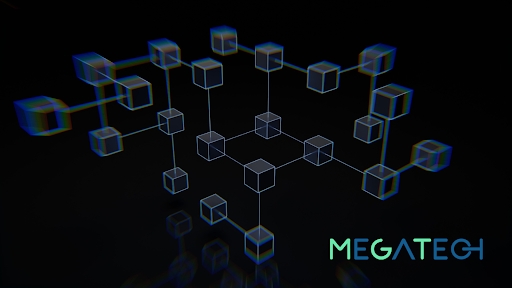How Can Blockchain Save South Africa From Nationwide Power Outages?

Disclaimer: The text below is an advertisement article that is not part of Cryptonews.com editorial content.

Although it is positive that electricity access in developing countries is gradually increasing, households connected to the grid usually receive poor quality and unreliable service. On a global scale, more than 200 million homes and businesses experience poorer internet connections. Meanwhile, according to an Afrobarometer survey, less than half of the total South African population has a stable electricity supply.
Since then, South Africa has been plagued by unpredictable, unplanned power outages that last not just hours but days. In addition to this, they must also tolerate controlled and planned electricity blackouts – load shedding – where power is deliberately redistributed to relieve pressure on the system and avoid complete collapse. For a few hours each day, electricity will be available and the details of the ration will be communicated in advance.
These problems are generally related to the quality and capacity of electrical systems, which may be the product of insufficient generation or a generation mix that is unable to scale up and down to meet fluctuations in demand. Other reasons attributed to the blackouts are the lack of innovation in the country’s power grid, breakdowns in transmission and distribution lines and more.
Can Blockchain Technology Help?
Technology is developing at an astonishing pace – with more innovations created to improve human life every day. A good example would be blockchain. Blockchain technology aims to increase transparency through digital ledgers that allow anyone on the network to access the data stored in the blocks.
With blockchain’s decentralized nature, information is held on every device on the network rather than stored on a single centralized server. Moreover, blockchain technology has proven its worth with multiple applications ranging from retail and e-commerce, healthcare, supply chain and logistics, finance and now energy. Incorporating blockchain into power grids could be the solution needed to deal with South Africa’s power outages, creating “smart” power grids.
With smart power grids, the authorities can identify which tools and devices are needed to bring the power grid back to its efficient working condition and operations back to normal. As a result, losses incurred by companies and the freezing time of companies are minimized.
Apart from these benefits, blockchain-based platforms that focus on solving environmental and energy problems are starting to emerge. Take for example Megatech. Megatech is an alternative energy supply company that uses blockchain to solve real-world problems.
Furthermore, as an answer to South Africa’s energy problem, MGT token holders offer financial returns on solar power plants owned by the company. Project Beta, the company’s first facility, is a 60MW solar park and will include 100MWh of advanced storage technology to guarantee maximum profitability and the chance to sell green renewable energy at top prices to blue-chip listed entities.
Despite being a work-in-progress innovation, blockchain technology has a lot to offer the world. The above is a perfect case to show its positive impact on the environment and the lives of everyone, especially in South Africa.
























